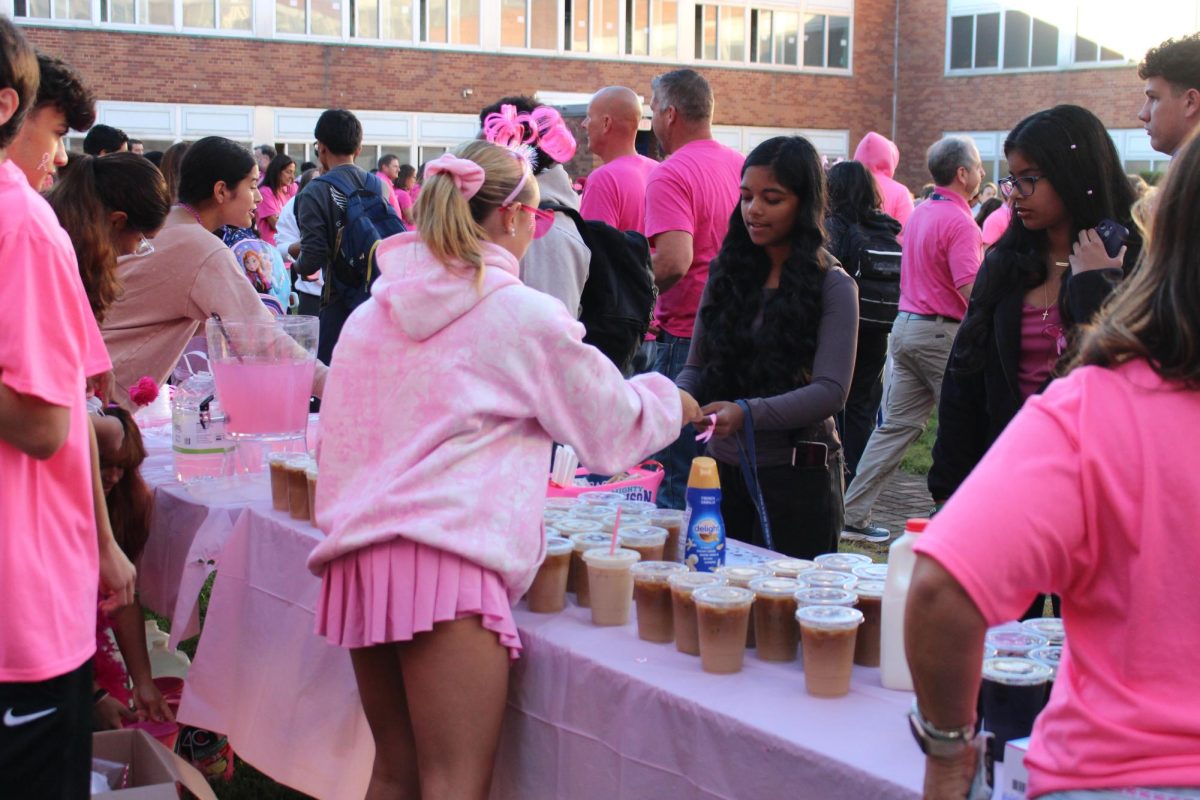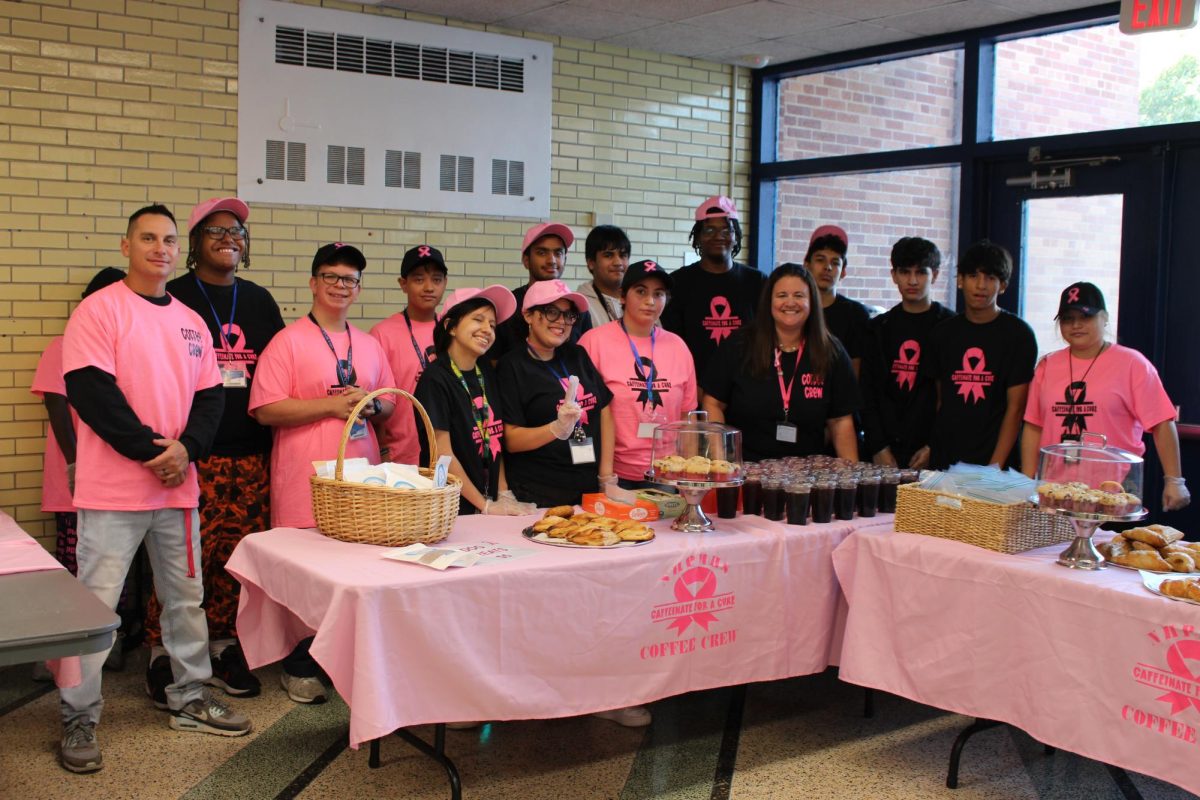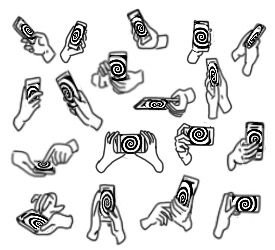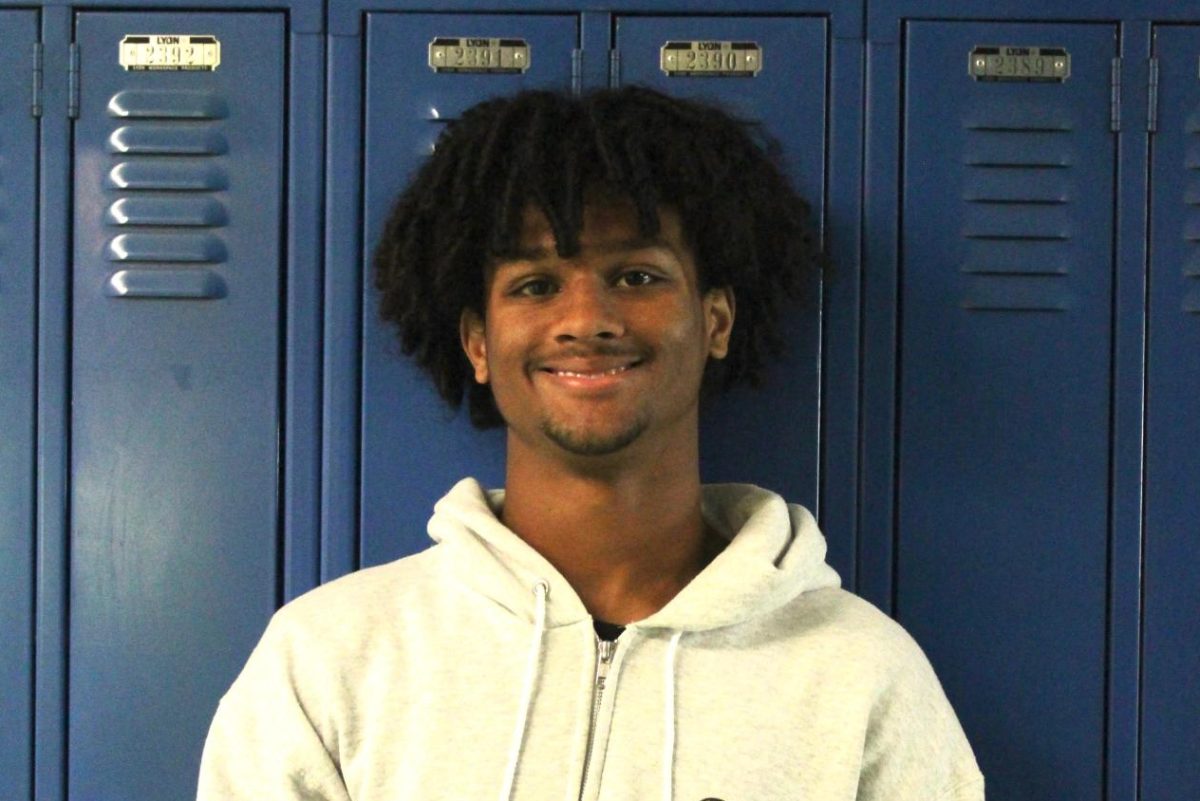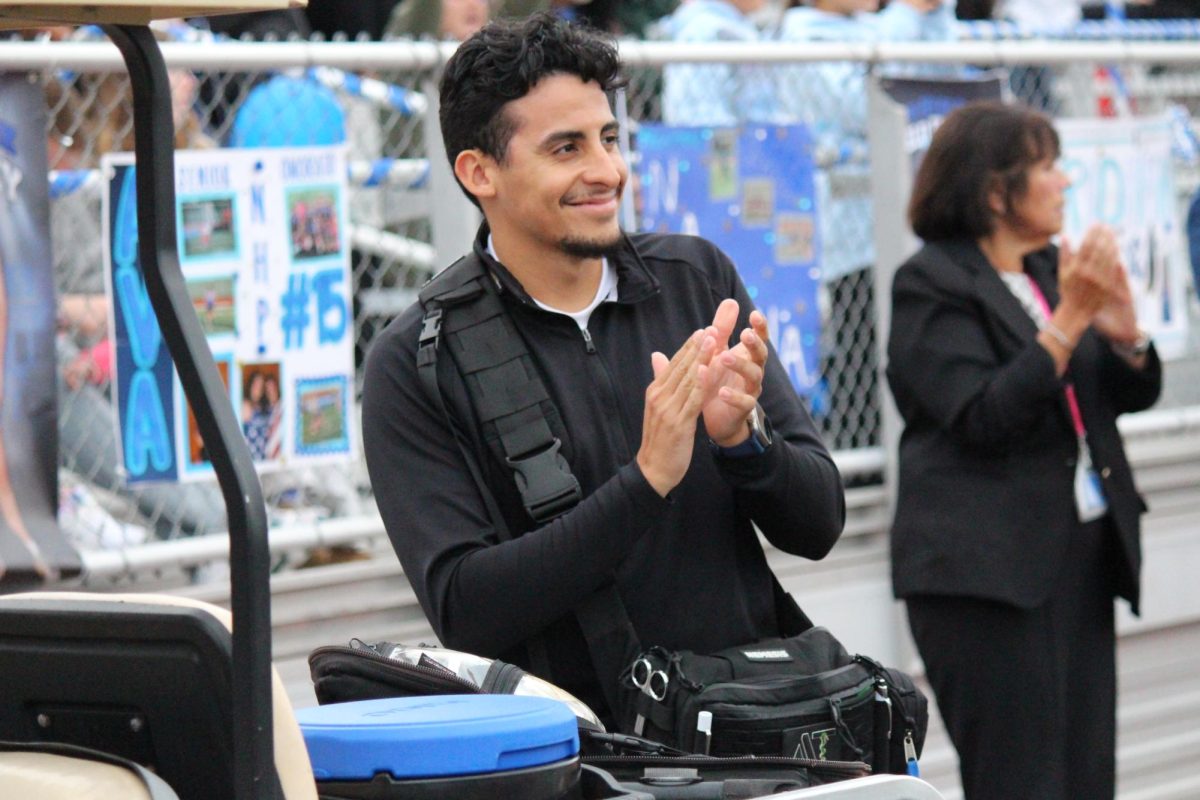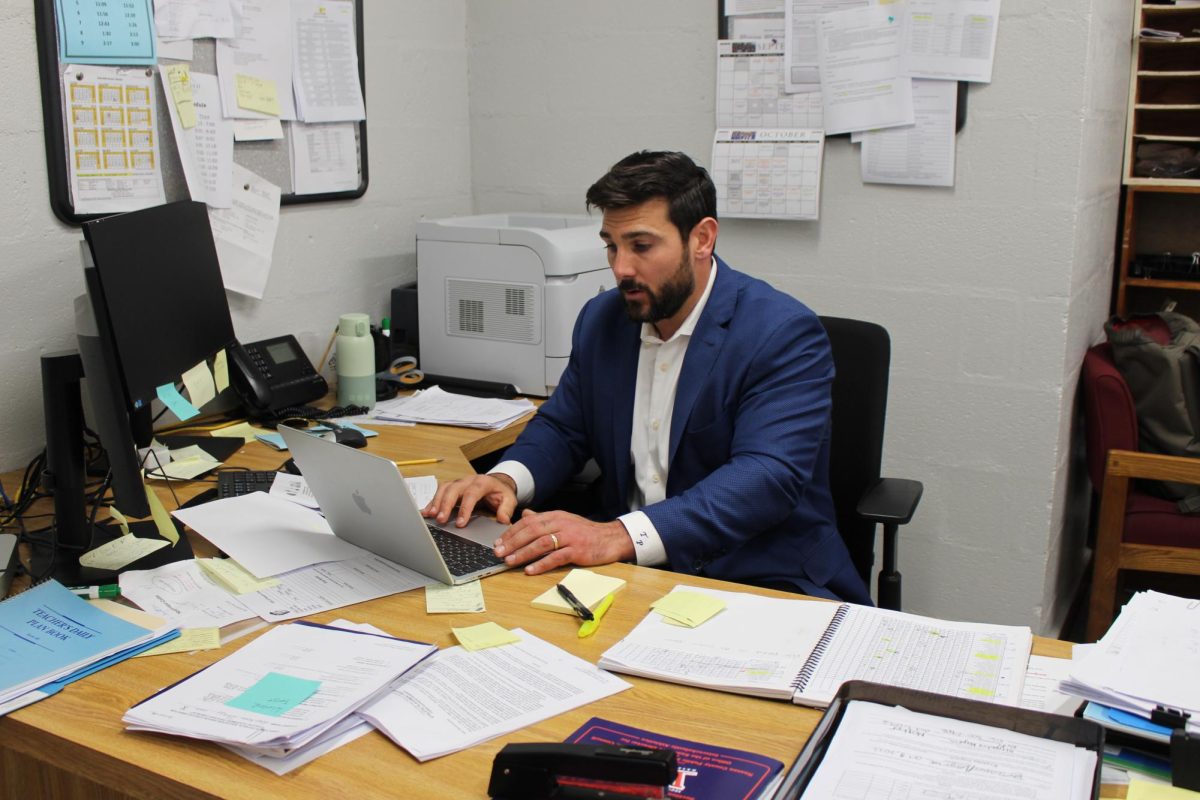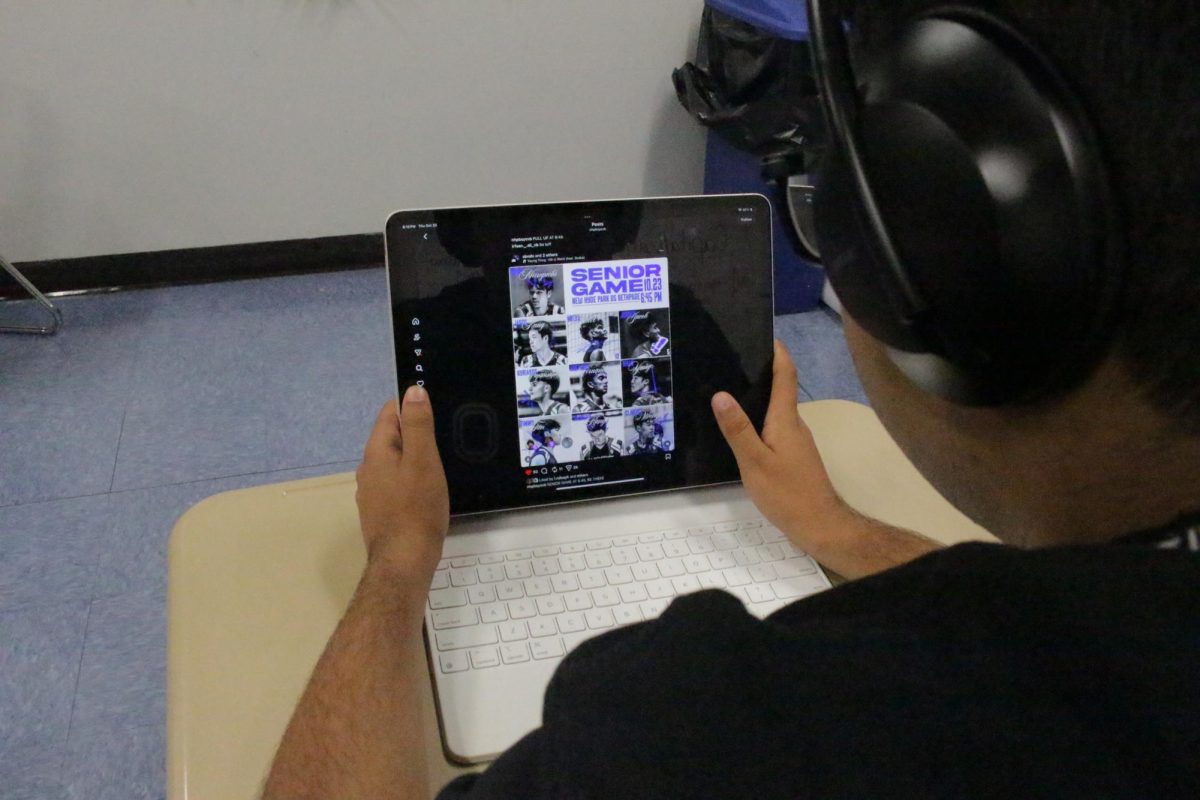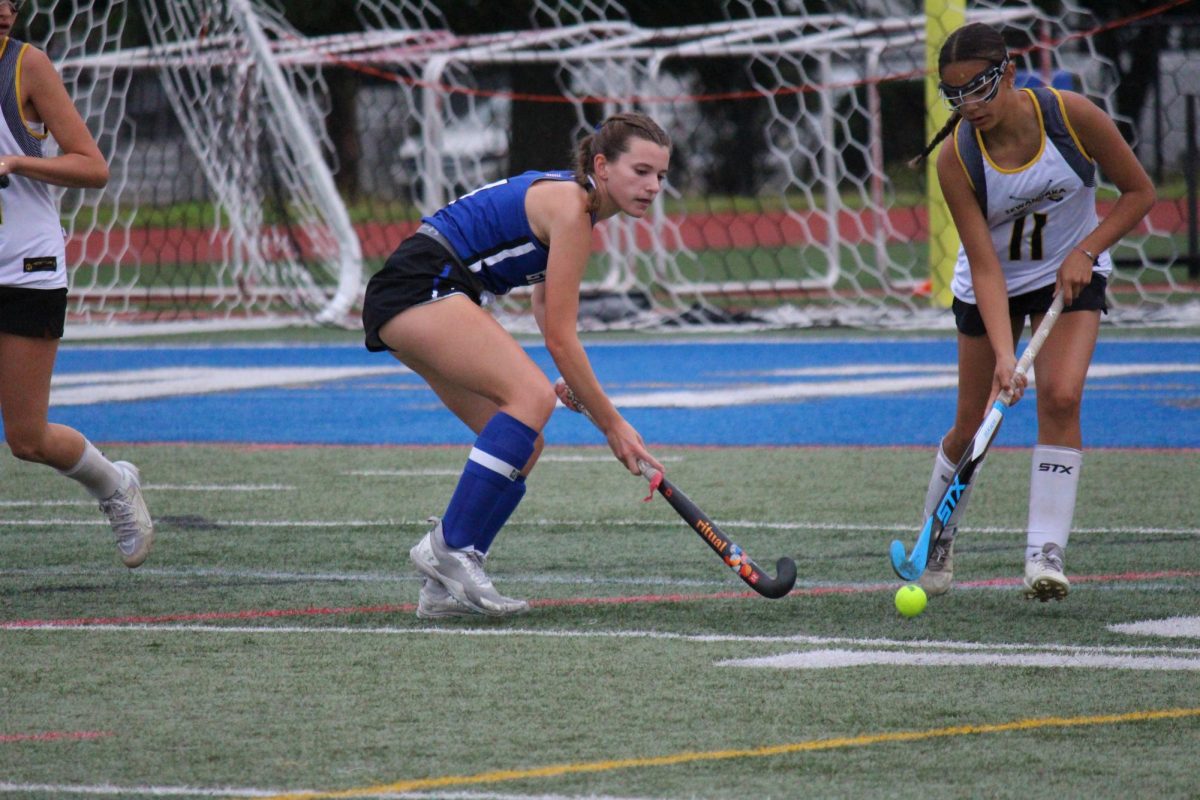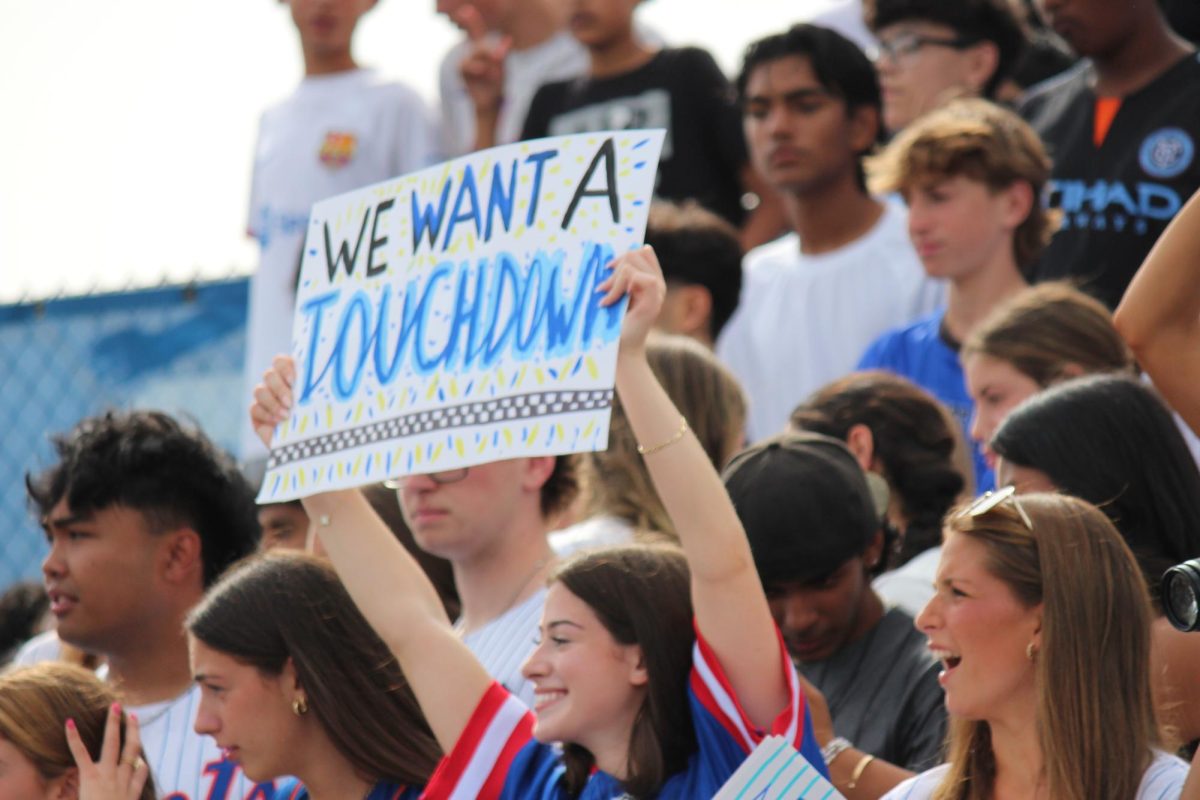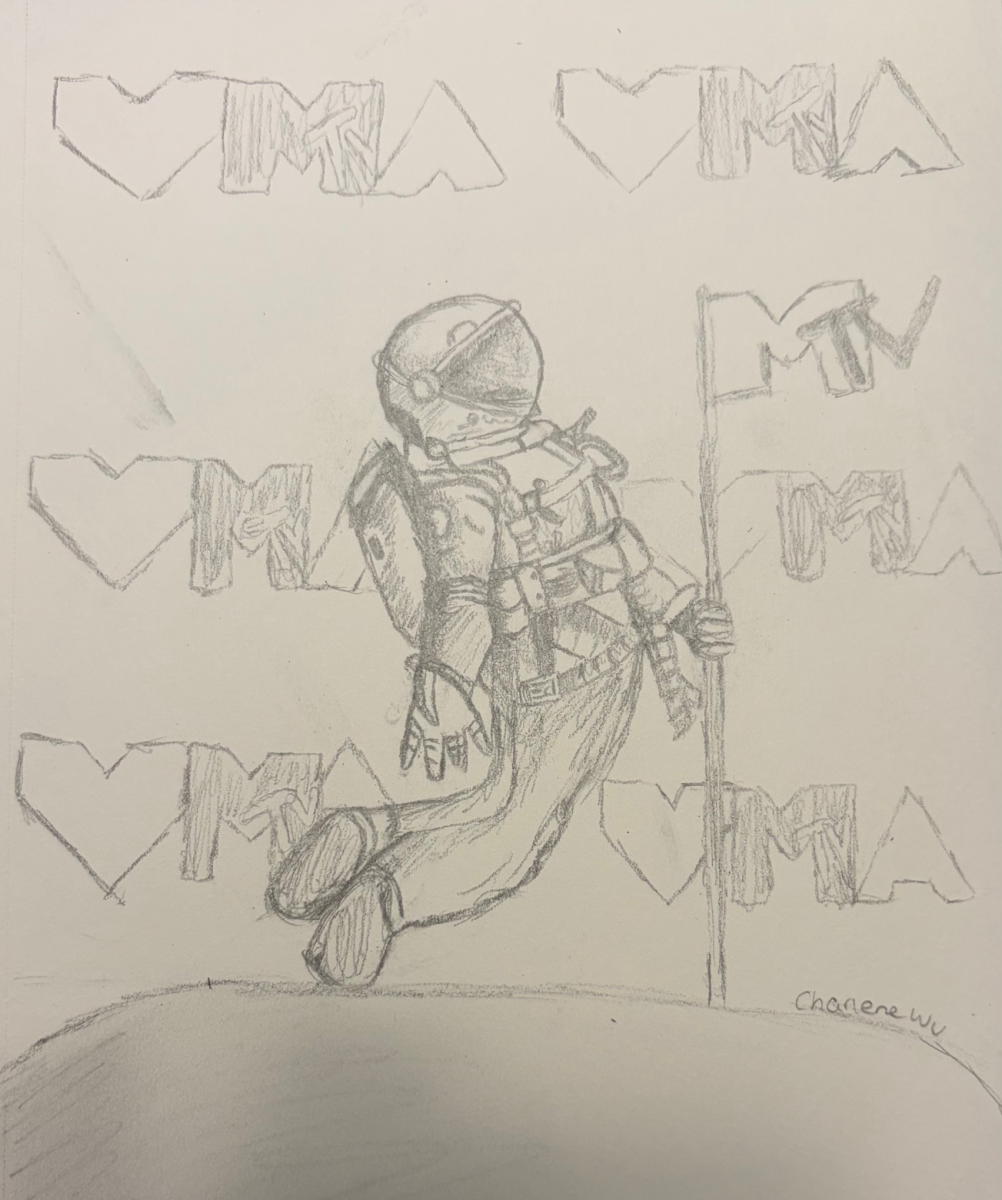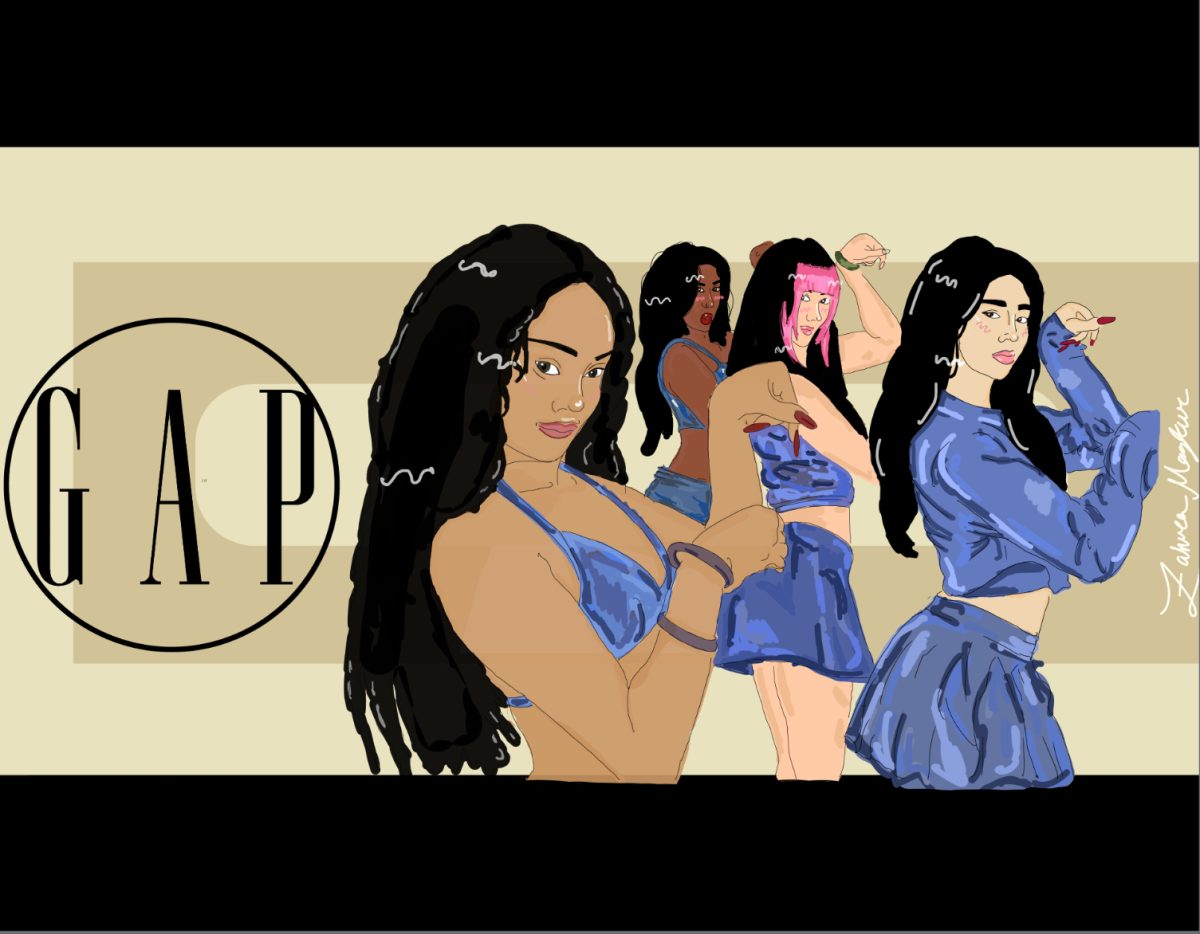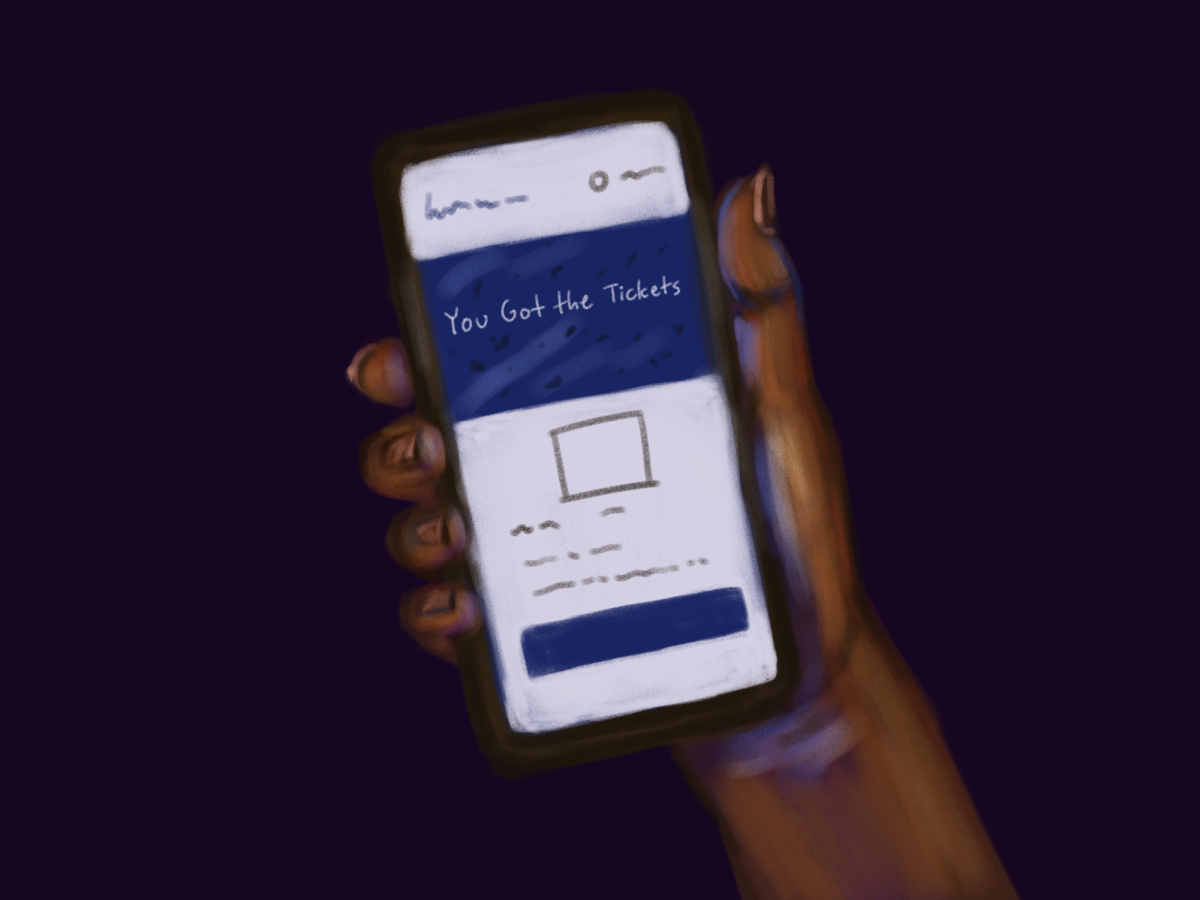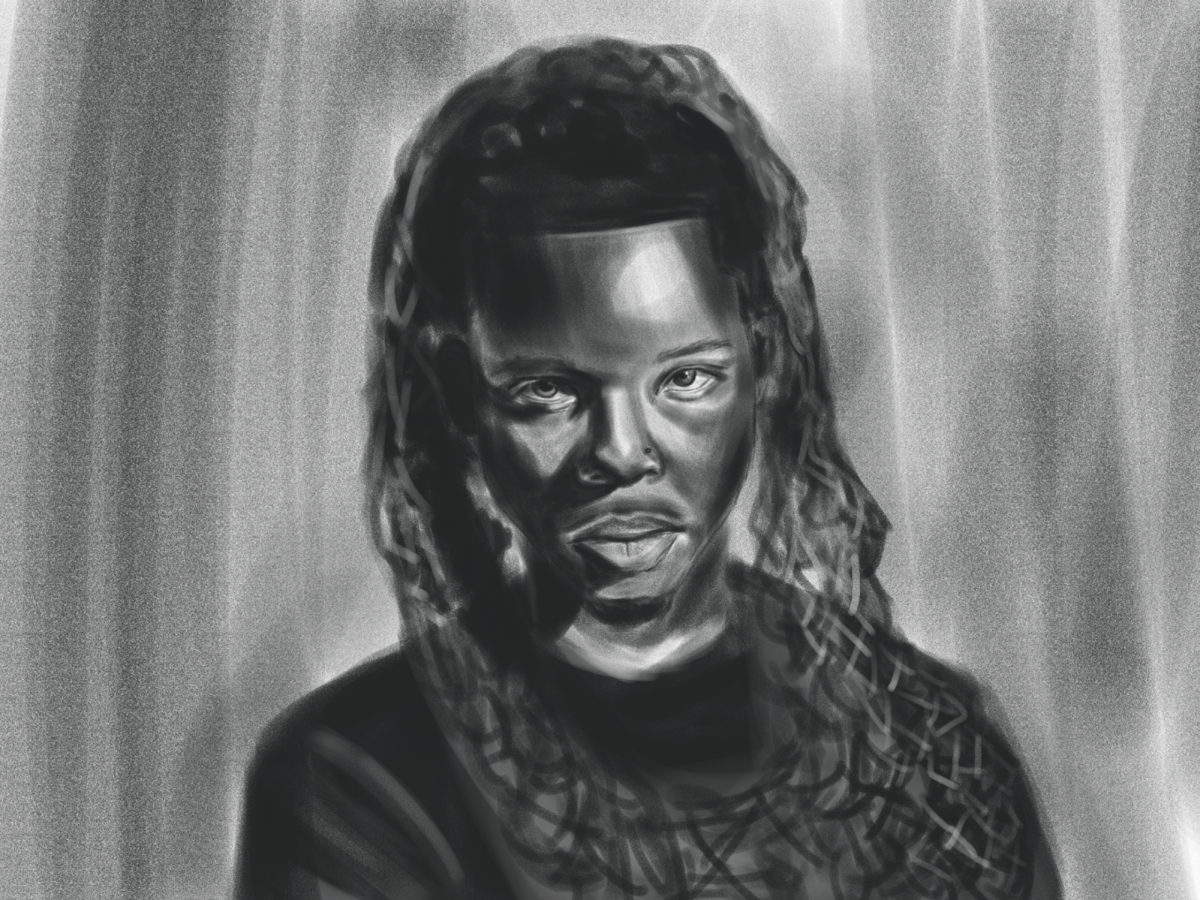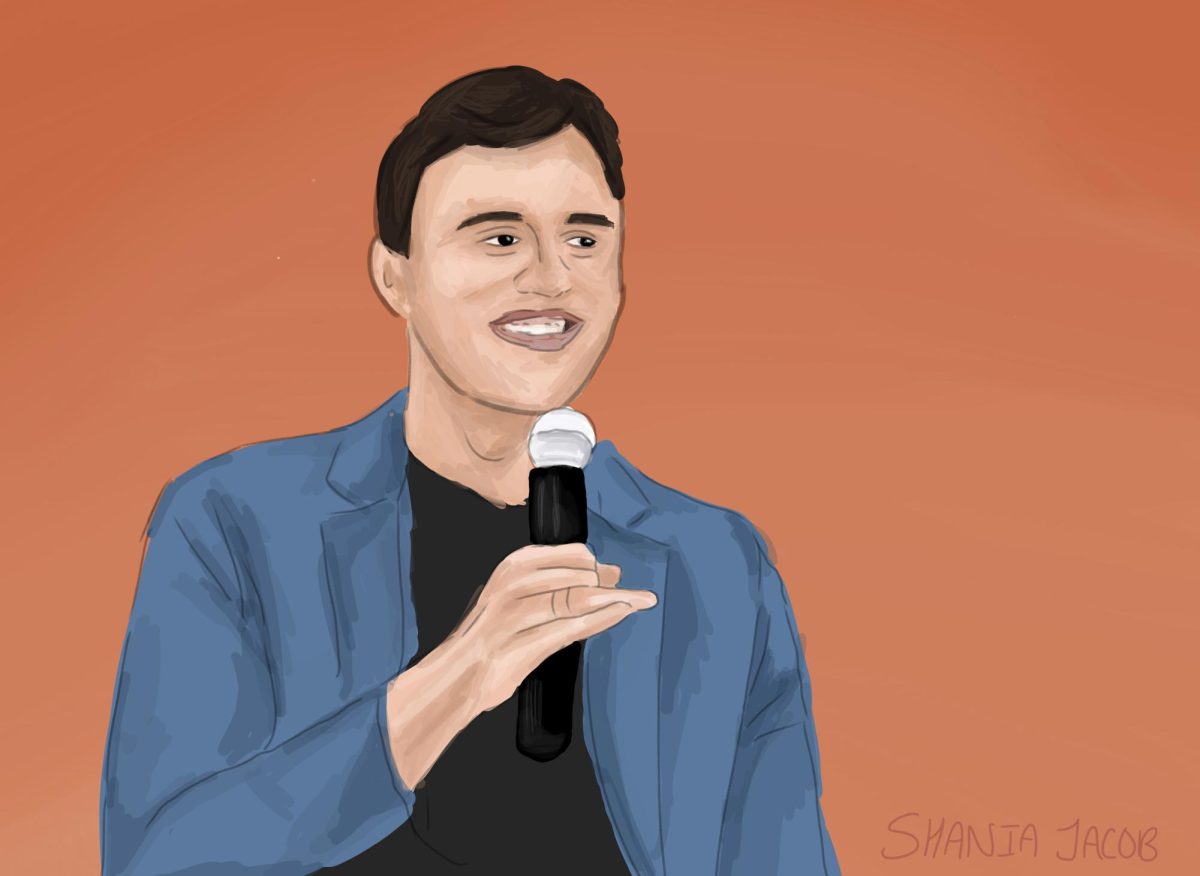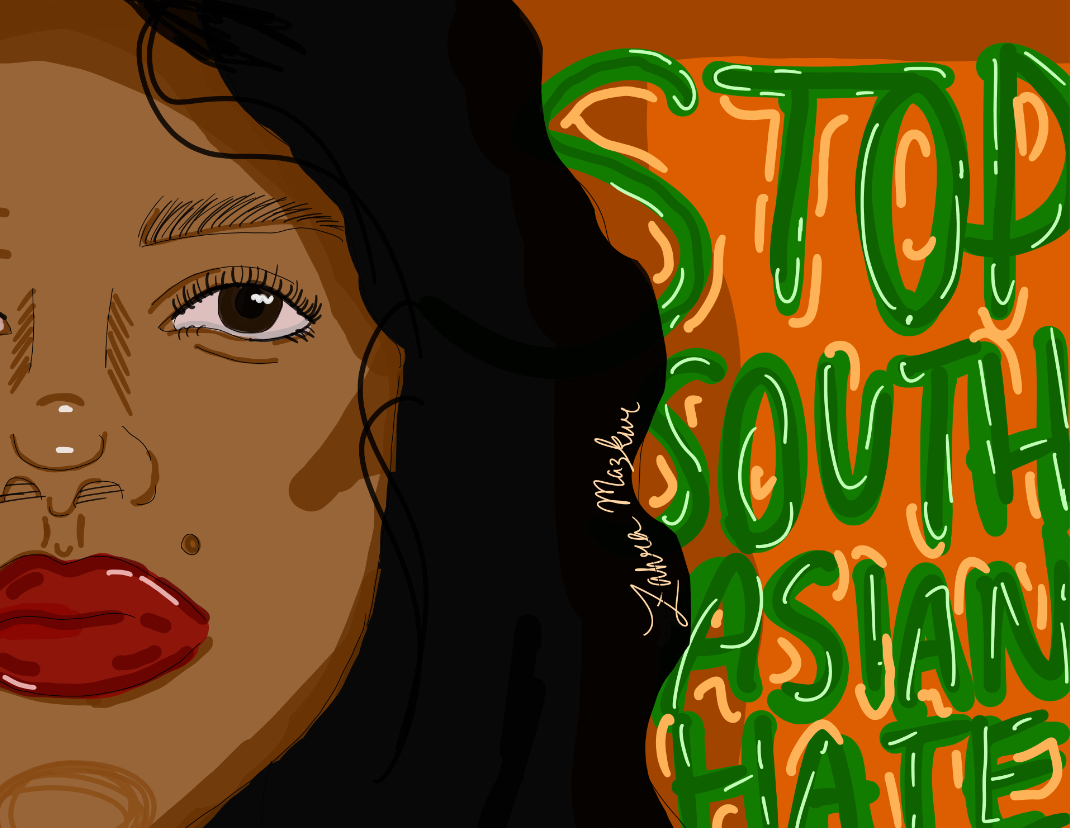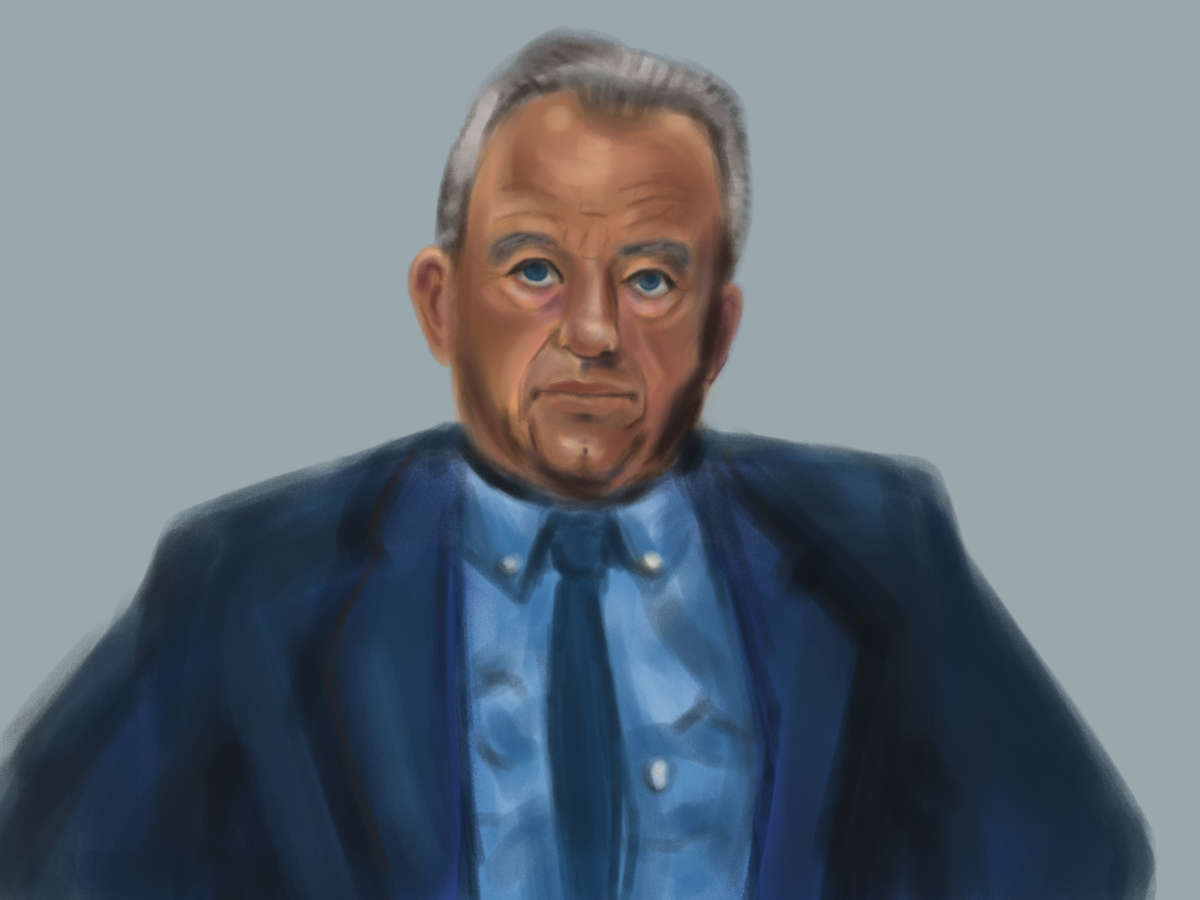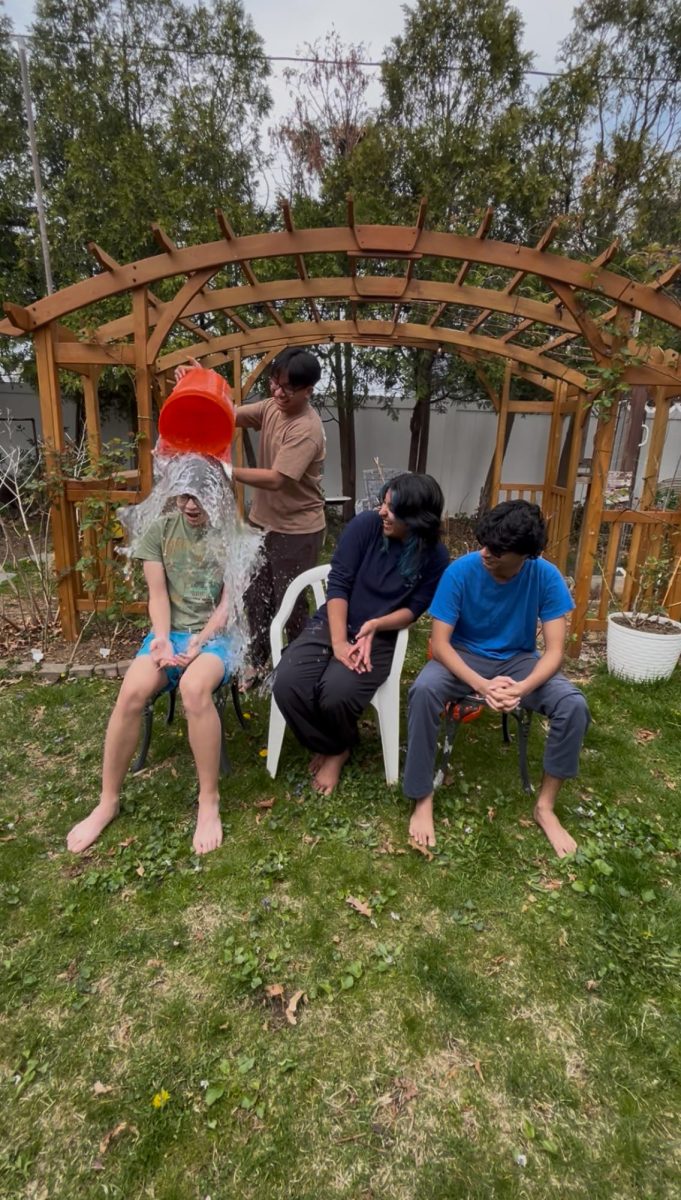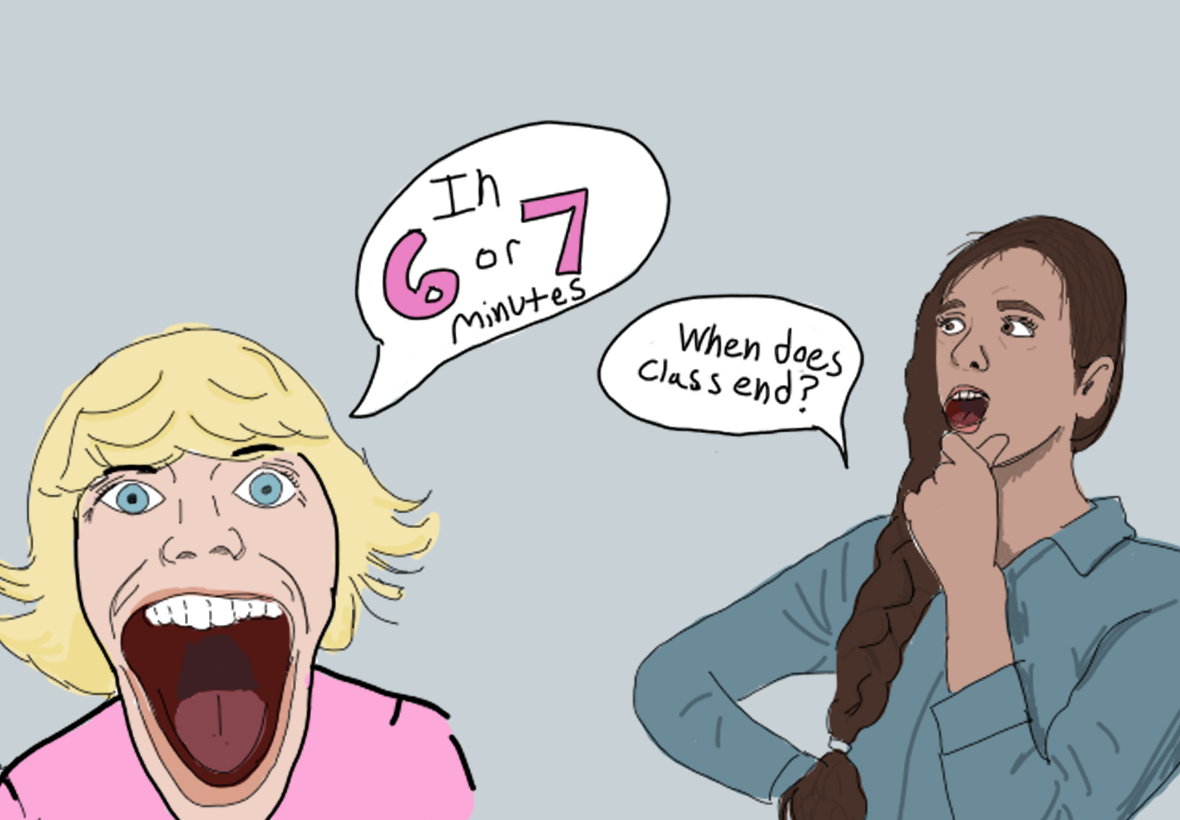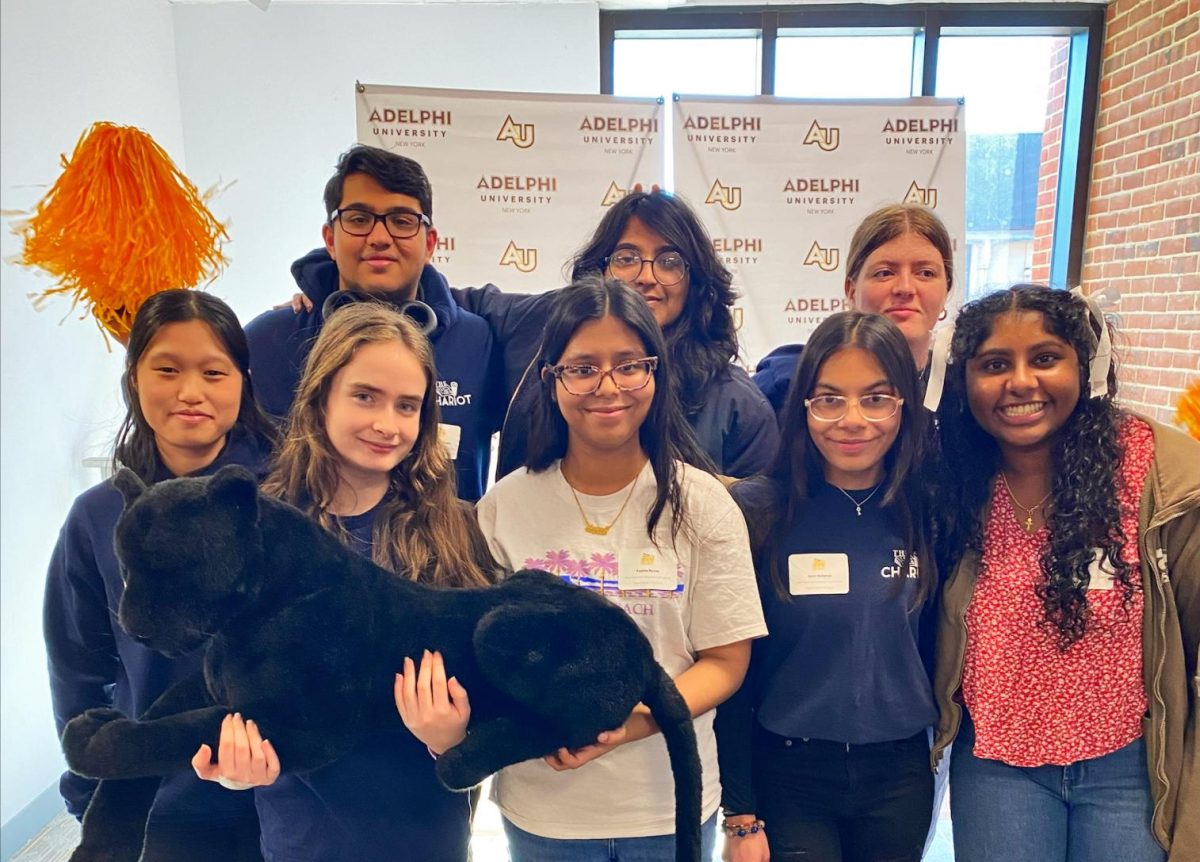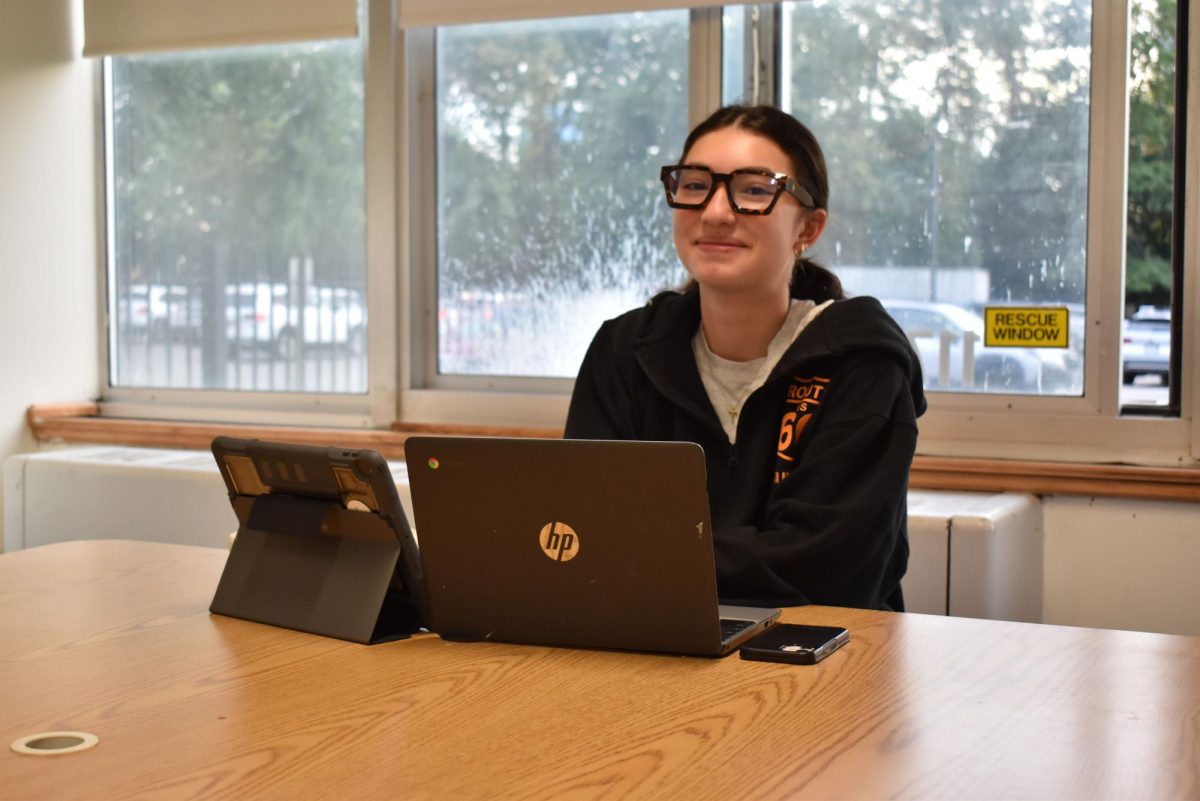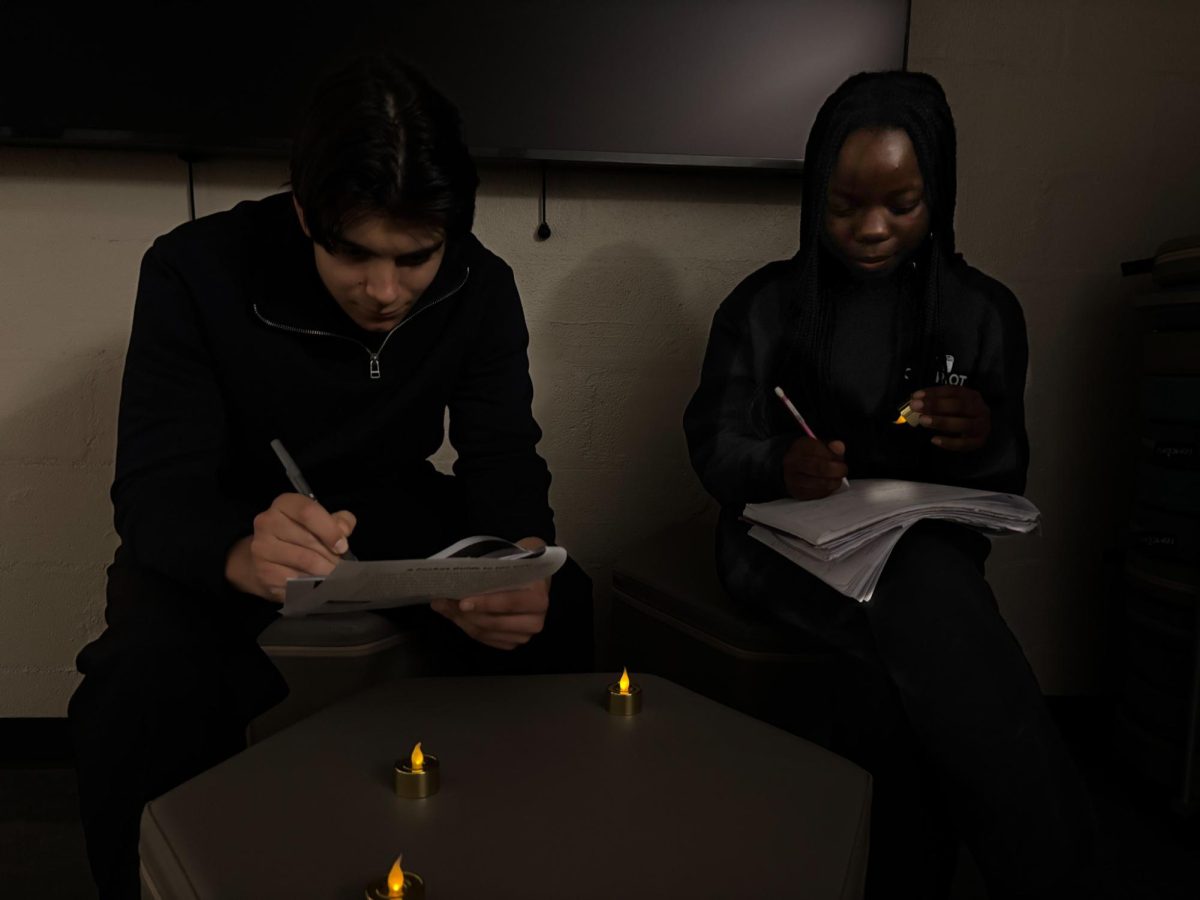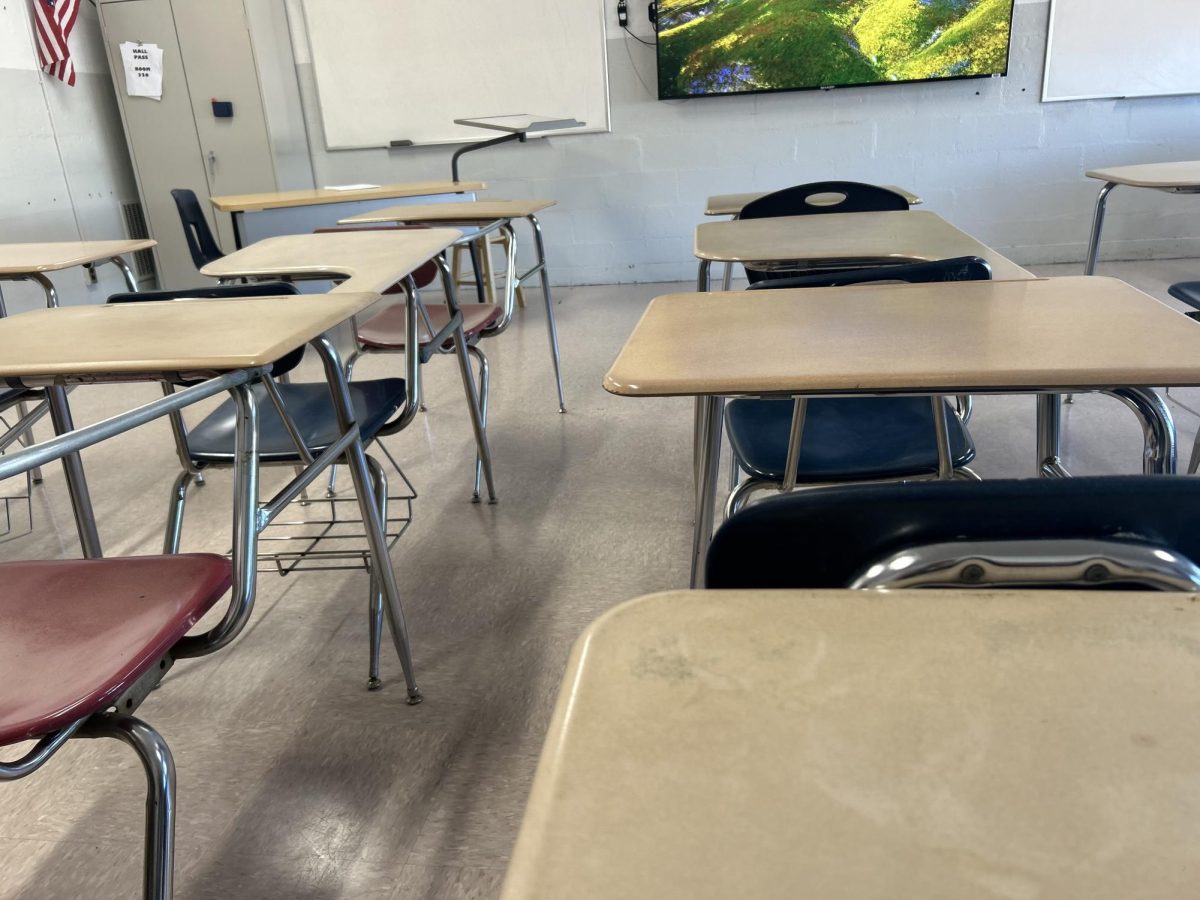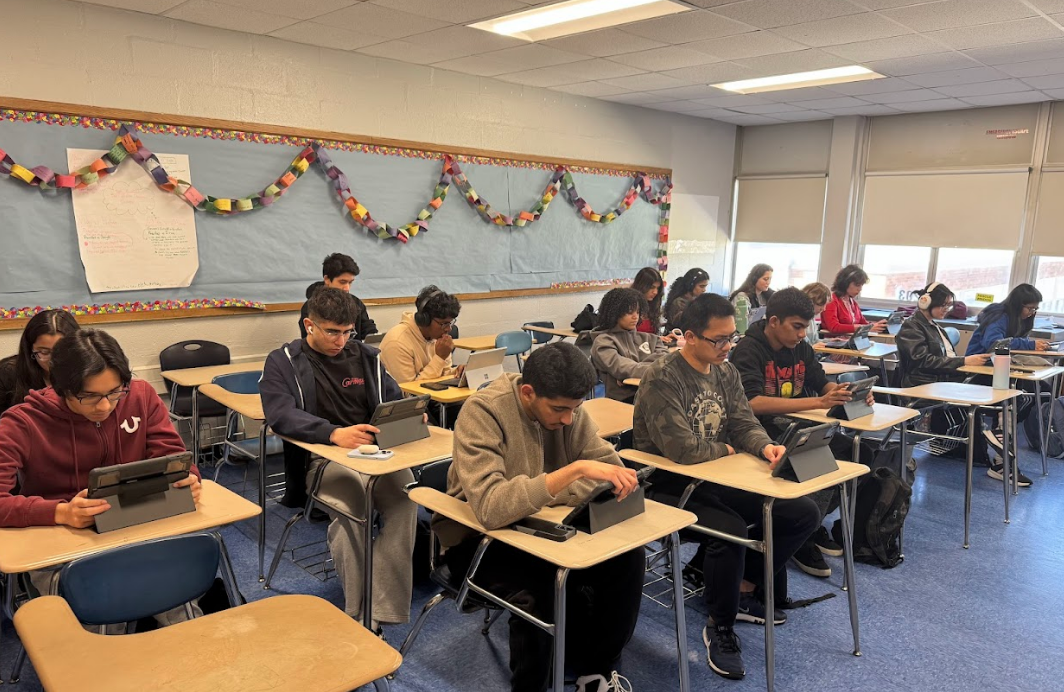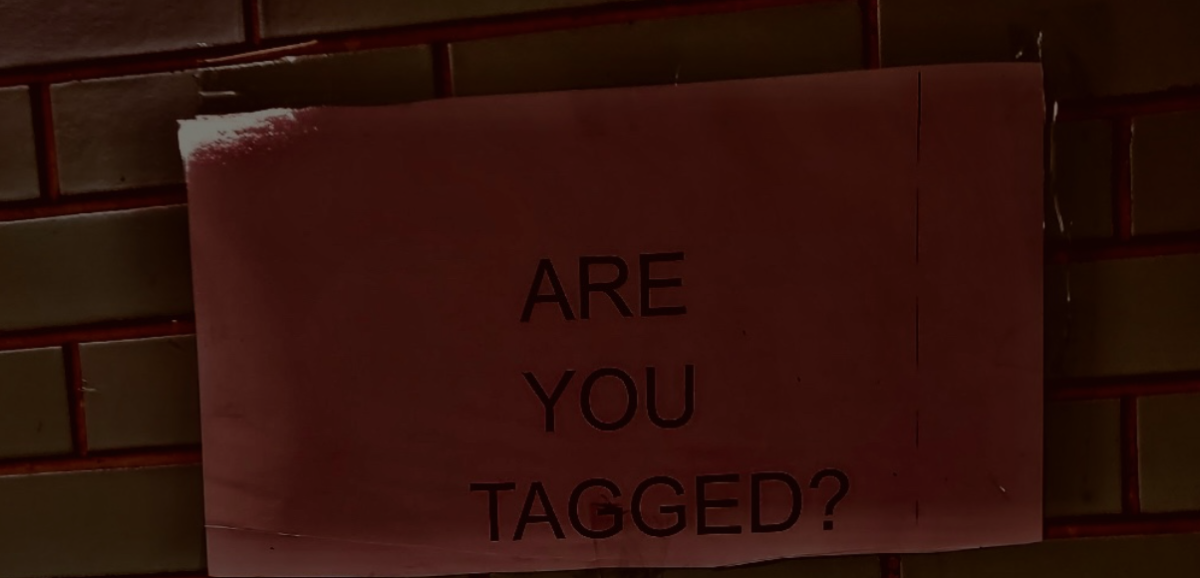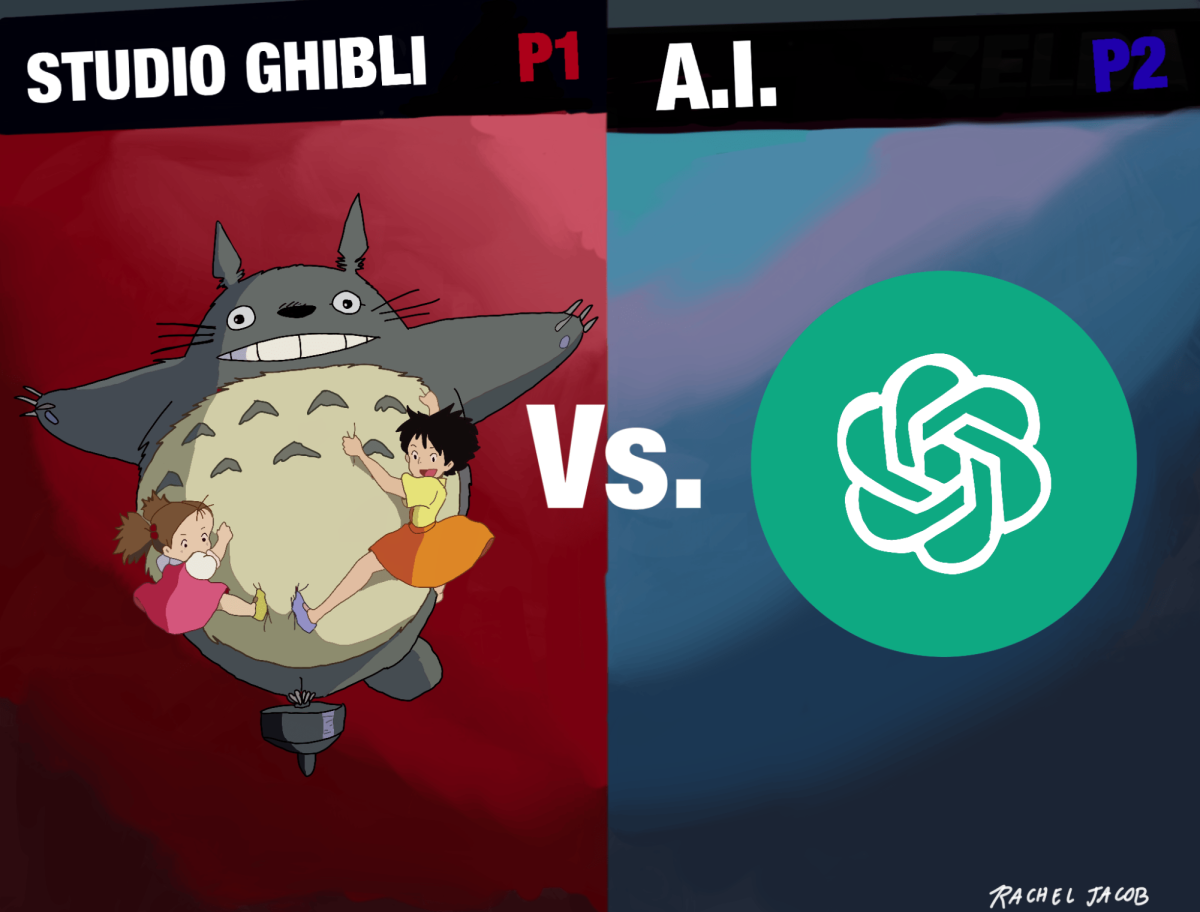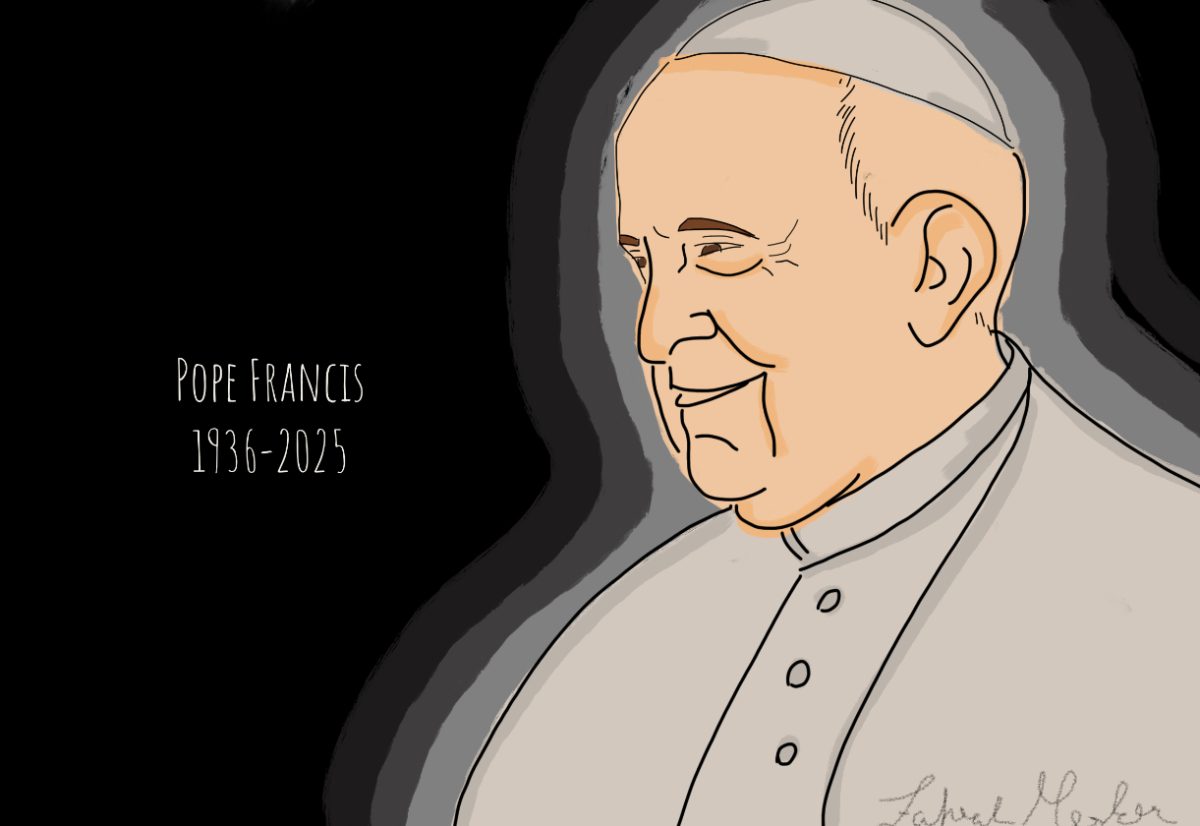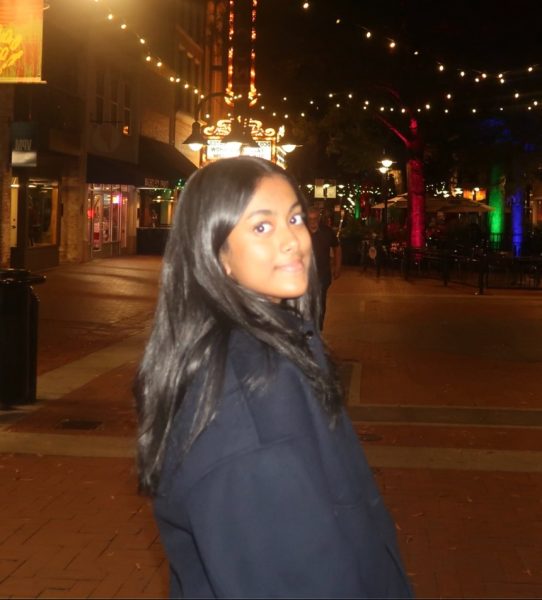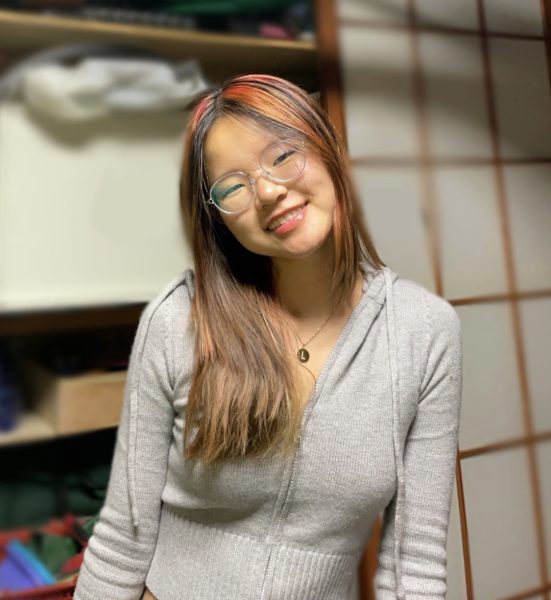In September 2025, U.S. Health Secretary Robert F. Kennedy Jr. called for deeper investigations into vaccine injuries in a newly released policy report, sparking renewed discussion about vaccine safety and public health. Kennedy’s advisors also convened a committee to reconsider recommendations on COVID-19, hepatitis B, and MMRV (measles, mumps, rubella, varicella) vaccines. As flu season intensifies across New York, questions surrounding immunization are becoming increasingly relevant at the local level.
Kennedy’s recent report and part of the Make America Healthy Again initiative instructs health agencies to prioritize investigations into vaccine injuries and prescription medications. His vaccine advisory committee met in Atlanta in mid-September to consider potential changes to childhood immunization guidelines.
These developments have drawn criticism from health experts and former federal officials. A former FDA vaccine leader resigned, alleging that Kennedy’s team attempted to access safety data improperly. Others warn that citing unsupported theories—such as linking Tylenol use after circumcision to autism—risks undermining public trust in established science.
At the same time, state and city health departments are preparing for an expected rise in seasonal illness. NYC Health + Hospitals recently urged residents to receive both influenza and COVID-19 vaccines, offering them free at many city sites. During the 2024–2025 flu season, 25 pediatric deaths in New York were attributed to influenza, the most being among unvaccinated children. State health officials have noted that vaccine hesitancy, fueled in part by misinformation, continues to contribute to lower vaccination rates and an increased risk of outbreaks.
“When public figures make bold claims about vaccine safety I feel like it can be very harmful because they are influential people spreading negativity,” junior Ranjani Raghunathan said. “In order for me to think that health information is reliable I need to see scientific data backing it. I feel like no one researches anything anymore, so many people rely on social media.”
“People are entitled to their own beliefs on vaccines. However, by not being vaccinated, we will be putting ourselves at risk of contracting preventable diseases,” health teacher and Dean Ms. Rizzuti said. “I feel that we need to educate ourselves on the vaccines and find out the side effects of the vaccine before we decide on being anti-vaccinated.”
Kennedy’s policies have also prompted responses from state governments. Fifteen governors recently formed a Public Health Alliance to coordinate vaccine policy and disease monitoring at the state level. Meanwhile, several states are considering legislation that would revise school vaccine waiver procedures.
As the colder months approach, public health remains at the forefront of local concern. For communities like New Hyde Park, the focus extends beyond national debates. Balancing personal choice with collective responsibility continues to shape how communities approach health decisions and vaccination.
“I always get the vaccines that are needed,” junior Yashvi Gupta said. “For example, during COVID I got the initial vaccine, but afterward I never got the booster shots. Coming from a family that combines both holistic and modern medicine, vaccine safety means not only getting the vaccine but also practicing good hygiene and maintaining a diet with antibacterial and high vitamin C foods.”
From national policy to local classrooms, the conversation around immunization is evolving. As agencies revisit guidelines and schools encourage preventative health measures, the question is less about political disagreement and more about sustaining confidence in science. The outcome of this will depend on how communities interpret information, support one another and navigate the shared goal of protecting public health.

